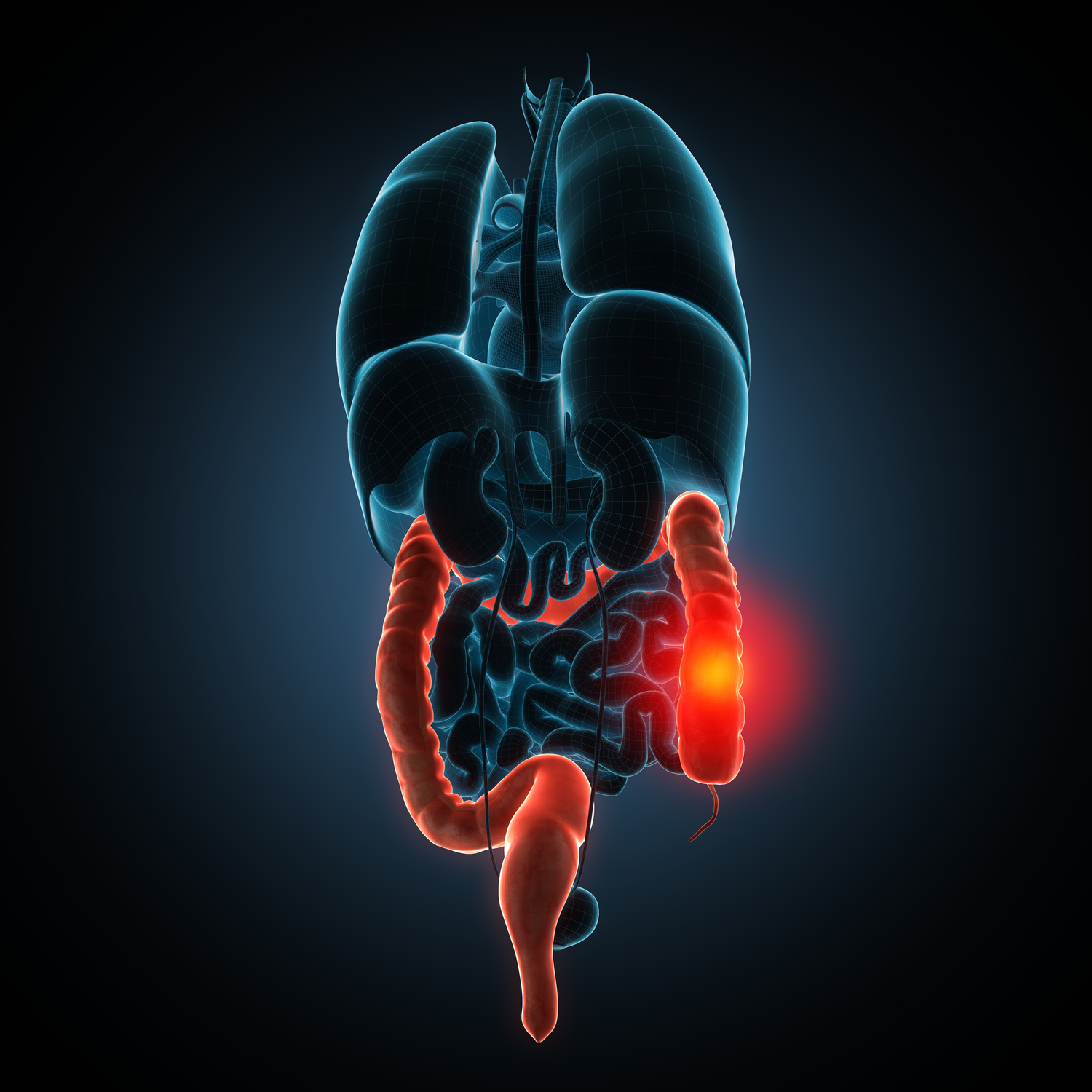Crohn’s Disease Common Signs and Symptoms
Crohn’s disease is a chronic inflammatory bowel disease that results in the inflammation of the gastrointestinal (GI) tract, which extends from the mouth to the anus. The disease can affect any part of the GI tract. A combination of hereditary, immune, and environmental factors results in the development of this chronic inflammatory disorder. The ileum or small intestine, which goes on to join the large intestine, is affected by signs and symptoms of Crohn’s disease.

- Genetics can be responsible in a number of ways, which can lead to an early onset Crohn’s disease.
- The immune system is responsible for fighting against abnormalities that lead to the development of chronic disorders, which is why a weak immune system can aggravate the condition.
- Unidentified external environmental factors like certain bacteria and infections can also be triggers which lead to developing signs and symptoms of Crohn’s disease.
Signs and symptoms Crohn’s disease
Frequent diarrhea:
Loose, watery stools, abdominal cramps, pain in the abdomen, and fever are some of the most common indicators of diarrhea. Frequent diarrhea attacks are one of the disturbing symptoms of Crohn’s disease and immediate medical attention is recommended. The frequency is not necessarily affected by the severity of this inflammatory disorder which can range from mild to moderate.
Rectal bleeding:
This is one of the more visible and disturbing indicators of developing Crohn’s disease. The rectum is the lower portion of your large intestine which connects to the outlet for waste excretion. If you experience bleeding from the rectum, it can indicate problems in the intestinal tract.
Unexplained weight loss:
Weight loss can be attributed to a number of chronic disorders, making it one of the common symptoms of Crohn’s disease. The severity of weight loss will directly depend on the severity of this developing condition.
Fatigue:
A number of factors may contribute to fatigue. However, when it comes to fatigue due to an inflammatory bowel disease, loss of appetite, exhaustion, and excessive energy loss are all clear indicators of Crohn’s disease.
Reduced appetite:
No doubt your appetite will be affected owing to frequent bouts of diarrhea, fatigue, and other similar factors. A reduced appetite will further add to your problems resulting in weight loss, being one of the visible symptoms of Crohn’s disease.
Complications of Crohn’s disease:
Common symptoms of diarrhea, fatigue, and weight loss are just the beginning of many complications that arise due to this chronic disorder. Most symptoms of Crohn’s disease can be identified and treated in time; however, when it comes to a severe case of this inflammatory bowel disease, complications should not be ignored at any cost.
- Obstruction or blockage of the intestines: This is one of the complications of the disease which is treatable with immediate medical care and attention.
- Formation of scar tissue in the affected area: This is a result of inflammation and irritation caused due to this chronic disorder.
- Fissures and tears: These are a result of inflammation from this chronic disease. This can also leading to rectal bleeding, one of the most common symptoms of Crohn’s disease.
- Inflammation of the colon: This can also lead to an increased risk of colon cancer, which is why these symptoms should never be taken lightly.